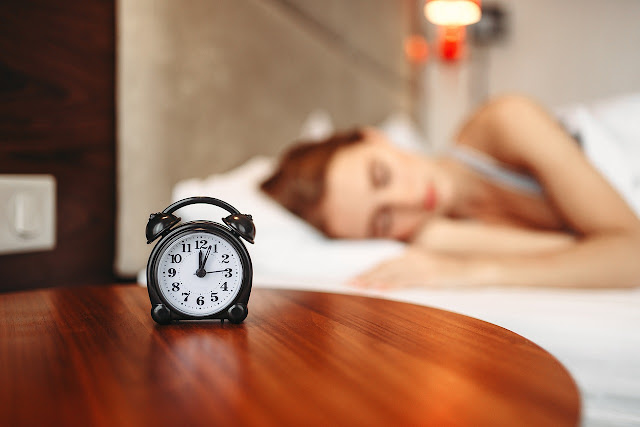A good sleep routine is very important, many people suffer from insomnia or indeed sleep too much. Lack of sleep or not being able to achieve the right quota of sleep one needs for a prolonged period of time (or for some just a few nights of restless sleep) can effect our body, mind and soul. Sleep is an important aid to our wellbeing and one which needs more awareness. I must add the amount of sleep we need varies from person to person depending on the stage of life, work and life commitments etc. Some may need only a few hours sleep and feel rested while others may need a full 8-10 hours quota of sleep. Insomnia is a common early warning sign of depression in many people. In a 2007 study of 10,000 people, those with insomnia were five times as likely to develop depression as those without. Sleep deprivation can also affect our memory, hand eye co-ordination, and our ability to judge our own performance accurately. For example If you’re chronically sleep deprived, you may think you’re still driving safely and performing well at your job, however research shows that people who are not getting enough sleep drive just as unsafely as someone who’s drunk.
There are many things we can do to help improve our sleep such as:
- Limiting caffeine intake and other stimulants a couple of hours before bed
- Avoid bright screens 2 hours before bedtime and limit stimulating activities
- Exercise
- Eat healthily
- Avoid sugary foods in the evening
- Relaxation techniques such as breathing exercises, listening to relaxing music. Some people find reading helpful
- Mindfulness
- Make sure your bed is comfortable
- Keep to a sleep routine
- Avoid overthinking and worrying in bed
Some people who are suffering from insomnia may need to take prescribed medication from a doctor as a sleep aid. If you feel sleep deprivation is an issue and is negatively impacting your wellbeing medical advice should be sought.

Comments
Post a Comment